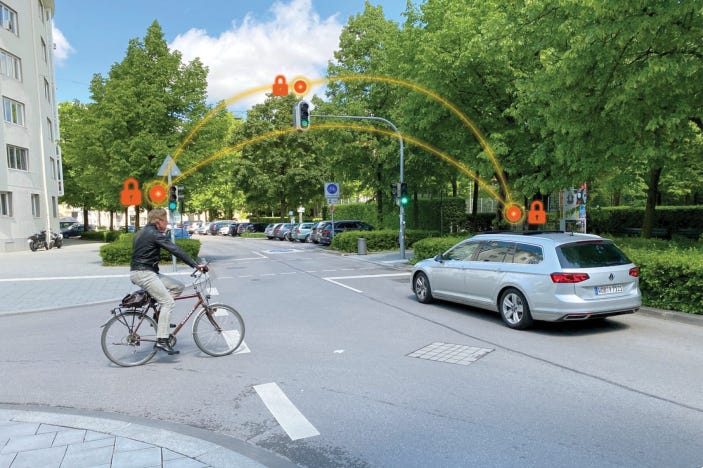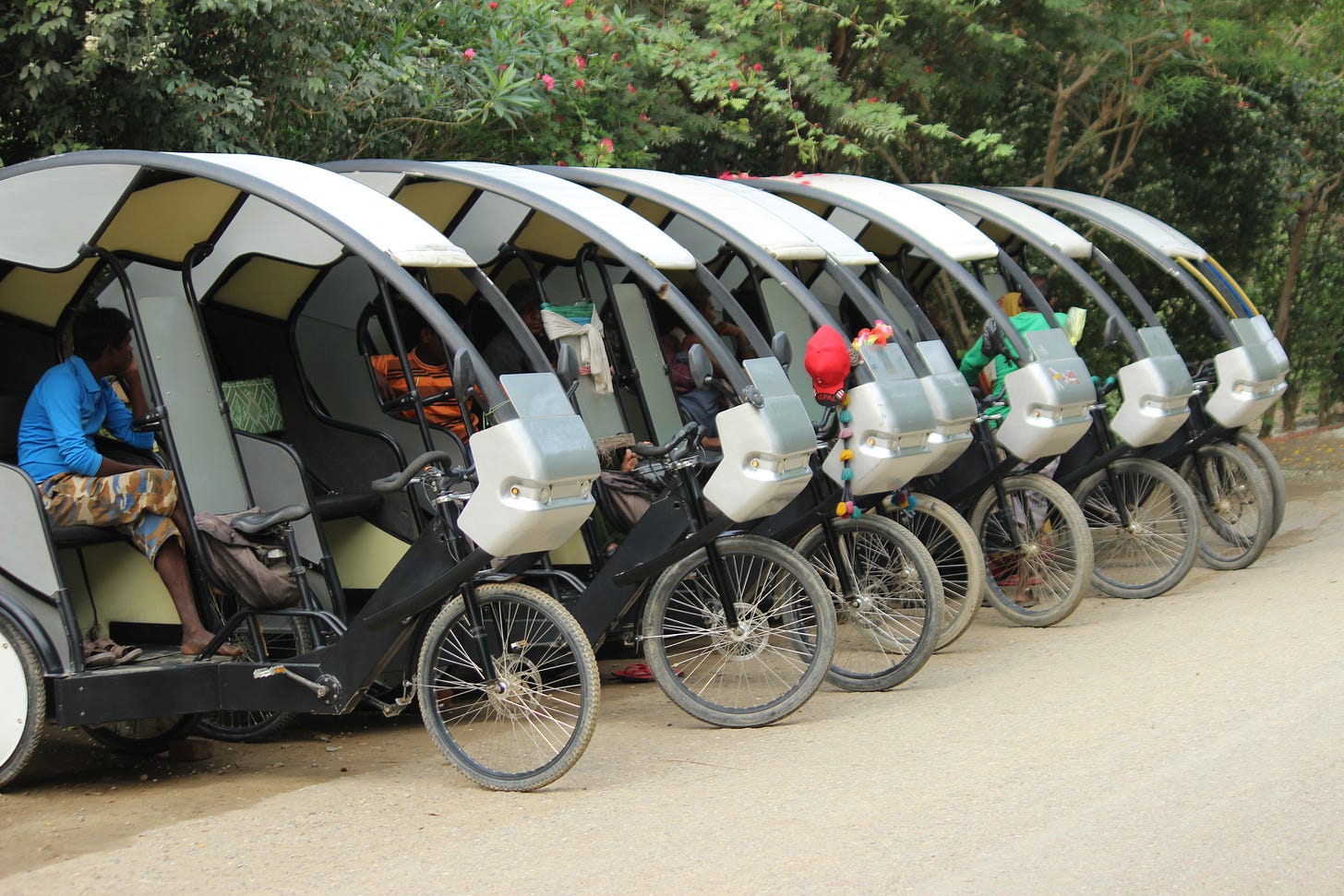🎊 Micromobility Europe’s 2023 Program Revealed
Plus micromobility-centric news from Uber, Pon.Bike, Bosch, and more.
📆 The early agenda is here. The 2023 edition of Micromobility Europe will unite top leaders and innovators who are revolutionizing urban transportation. Featuring 100+ speakers and counting, dozens of thought-provoking discussions, three highly programmed stages of content, and the premier of our first-ever Startup Awards, our lineup promises exclusive and cutting-edge perspectives.
And this is only the beginning. Watch this space as we announce the next 100+ speakers in the coming weeks.
Hurry! The Micromobility Europe 2023 55% off sale ends this Friday, April 15th. Book your ticket before EOW and pay just €1,500 €650! (Additional savings available for groups)
What You Need to Know Today
Pon.Bike, the parent company of Gazelle, Urban Arrow, Santa Cruz, Kalkhoff, and dozens of other bike brands, reported $2.6B in revenue for 2022. This means the 76-year-old Dutch transportation conglomerate, which is heavily involved in the automotive business as a VW Group importer, now derives about a quarter of its total revenue from bikes.
Uber announced plans to integrate Brazilian bikesharing company Tembici into its app. Similar to Uber’s partnership with Lime, the deal with Tembici intends to enable multimodal travel for users and reduce vehicle emissions.
Tampa is offering ebike vouchers this week worth between $500-2,000, depending on the applicant’s income qualifications. For a full list of micromobility incentives, check our global tracker.
While Paris’s decision to ban shared scooters made waves last week, the French micromobility scene continues to flourish. Last year 43% of all vehicles purchased in France were bikes, ebikes, or cargo bikes—and French ebike sales are currently up 12% from last year.
Looking to carve out a share of the urban-electric market, legacy car and motorcycle brands are betting heavily on bike shop-quality ebikes.
A new EU proposal that would mandate a minimum amount of bike parking for all new and renovated buildings has been approved by the European Parliament. It now awaits consensus from the Council of the EU and European Commission. If approved, the rule would require developers to create bicycle infrastructure to accommodate 15% of each building’s total occupancy.
Research conducted by Pedal & Post, a UK bicycle delivery service, indicates that replacing delivery vans with cargo bikes for short trips could save England £4.25B a year in health and environmental costs.
The latest episode of Ride On! is here. Topics this week include Cake and Italika’s massive commitment to ship 50k vehicles to Mexico, the Paris scooter ban, and more—plus our first-ever bike giveaway for kids.
Last week we wrote about Spiro’s (formerly MAUTO) plans to electrify Uganda's motorcycle taxi industry—and similar efforts in Benin are underway as well. By offering competitive financing options in the face of rising gas prices, Spiro aims to make its electric motorcycles as accessible as possible to low-income riders.
Dutch e-cargo bike brand Aitour announced plans to enter the UK market.
Neat idea: The city of Lisbon is rolling out footrests for bicyclists waiting at a notoriously busy intersection.
Bosch is teaming up with Volkswagen, Autotalks, and Commsignia to demonstrate the potential for vehicle-to-bicycle communication to prevent common roadway accidents.
The US is facing a reckless driving crisis, and difficulty enforcing road laws has kept dangerous drivers on the road despite countless infractions.
… to combat the issue, New York City is now testing out Intelligent Speed Assistance technology as one way to slow down repeat offenders.
EV sales in India surpassed 1M million for the first time in FY22-23, a 58% year-over-year increase that was driven mostly by two- and three-wheelers.
America is missing out on one of the most popular forms of EVs in India and Asia at large: the rickshaw. Not only are these three-wheeled passenger vehicles much cheaper than electric cars - one study found that they can decrease carbon emissions by 3 to 6 tons per year.
“The automobile industry has failed to serve the world. 1.2B car drivers out of 8B people after 120 years of adoption. If this was the phone industry people would have given up.”
This week on The Micromobility Podcast, we reshare a scintillating conversation between our co-founder Horace Dediu and Drew Smith of excellent The Next Billion Seconds podcast. Per their description, “Horace offers a blistering critique of the failure of the automotive sector to embody the new design possibilities offered by micromobility: transportation choice in our urban centres, and a powerful framework to rethink our transportation networks and cities.”
Browse the best jobs in micromobility—and post your own—on our Jobs to Be Done board.






